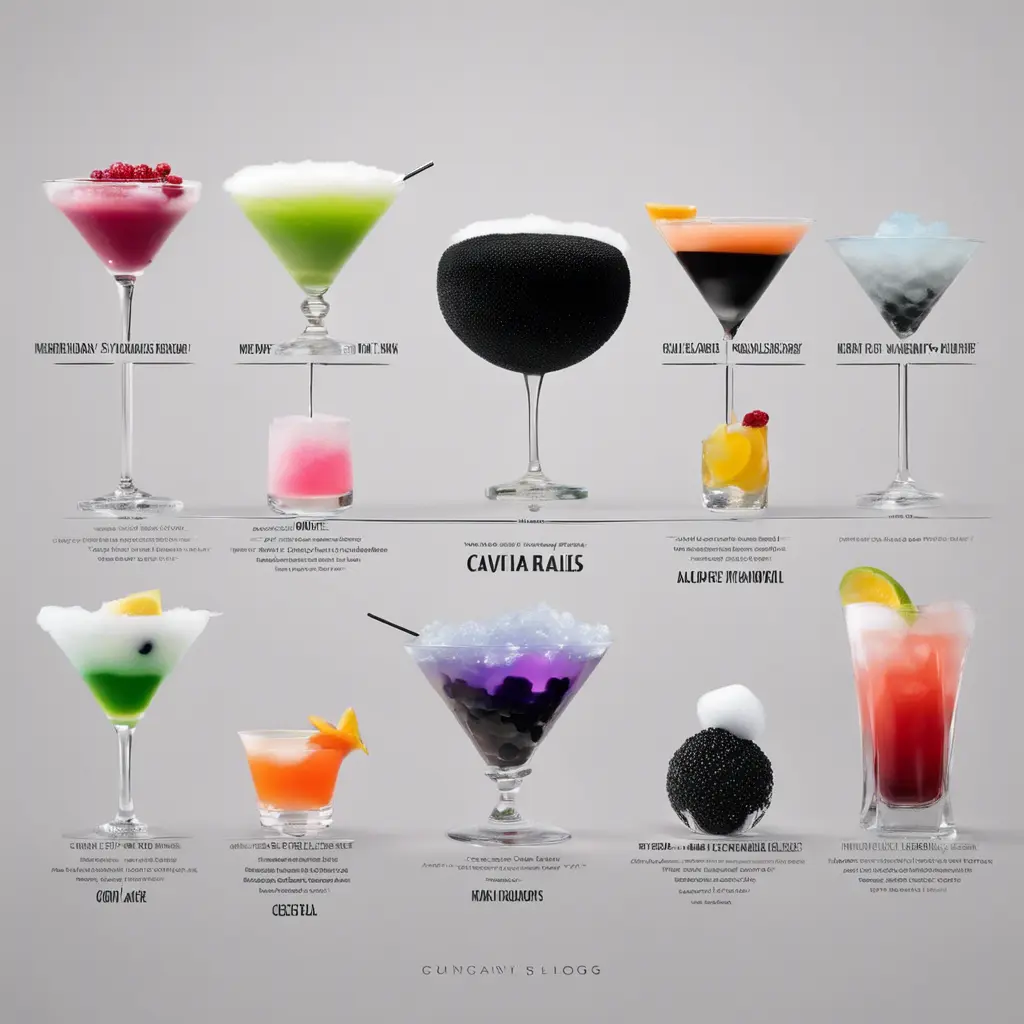To understand molecular mixology better, we have to answer a few questions.
1. History of Molecular Gastronomy
2. What is Molecular Mixology?
3. Why do we have to learn and use these techniques? Are there any benefits for us as bartenders or business owners?
4. How – methods or techniques
History
One might ask whether knowing the origins of molecular gastronomy will help us make better dishes or drinks, and the answer is probably not. Looking back at history, though, will give us a better understanding of the reason for creating and developing a scientific approach. With this help, we can see the in-depth chemical and physical transformation occurring during cooking.
The father of Molecular gastronomy is the French physical chemist Hervé This. Together with the Hungarian scientist Nicholas Kurti, a professor of physics at the University of Oxford, they coined the term in 1988. They were interested in the science behind all the phenomena during culinary processes.
Before them, some other scientists took an interest in the chemistry of food, such as 18th-century chemist Antoine-Laurent Lavoisier, who studied meat stock. German chemist Friedrich Christian Accum, whose A Treatise on Adulterations of Food and Culinary Poisons (1820) raised awareness of food safety, and the 19th-century French chemist Michel-Eugène Chevreul studied the chemical composition of animal fat. These scientists helped set up the foundation of today’s food science.
Food science has existed for a long time, but its focus has been mainly on industrial production and the composition of chemical ingredients in food.
Hervé This and Professor Kurti took different approaches. They were more interested in the restaurant’s culinary processes and home cooking levels.
They were interested in traditional recipes and cooking methods passed on from one generation to the next. They used scientific methods to understand the chemical transformation of the ingredients on a molecular level. Professor Kurti’s famous quote shows that learning about the culinary transformation of our food is as important as any other science.
“I think it is a sad reflection on our civilization that while we can measure the temperature in the atmosphere of Venus, we don’t know what is going on inside our soufflés.”
Professor Kurti
Developing new cooking methods based on science became one of the main goals of Molecular Gastronomy.
Hervé This and Nicolas Kurti felt that the gap between science and actual cooking is too large. Four years later, in 1992, Erice, Italy, initiated the Erice workshop “International Workshop on Molecular Gastronomy.”
With the help of the American Elizabeth Cawdry Thomas, cooking teacher Harold McGee, author of On Food and Cooking: The Science and Lore of the Kitchen, and Heston Marc Blumenthal from the Fat Duck restaurant – the only cook as the first workshop. Since then, these meetings have been organized every few years; the last was in 2004. Hervé continues his research at The International Center for Molecular Gastronomy AgroParisTech-INRAE.
The Molecular Gastronomy innovations were quickly adopted by chefs and used in their restaurants to create new and exciting dishes. In places like Ferran Adrià’s El Bulli, Blumenthal’s Fat Duck, Grant Achatz’s Alinea, Chef Homaro Cantu, and many other establishments, the food and drinks became the center and the main topic of conversation.
References;



